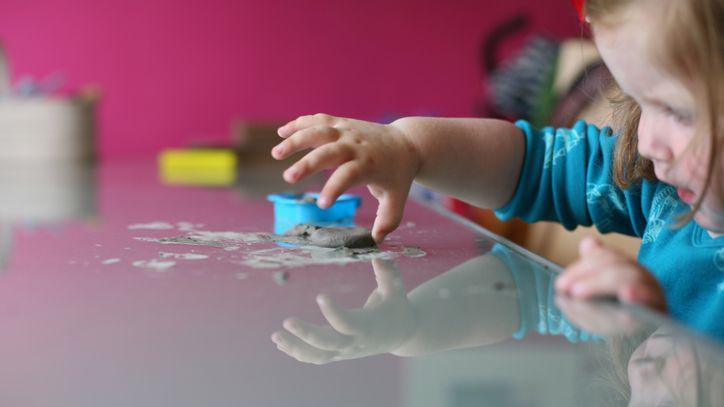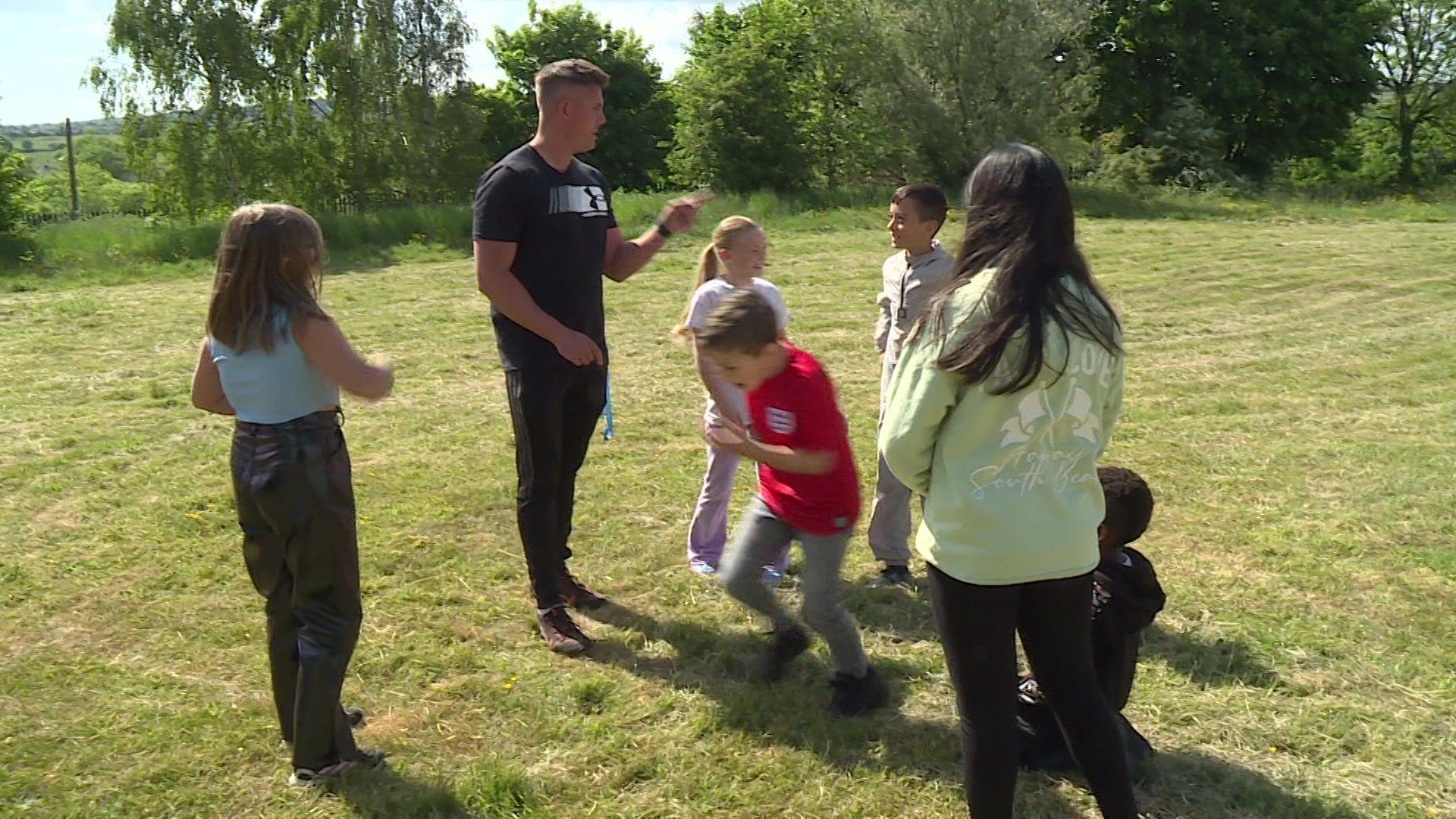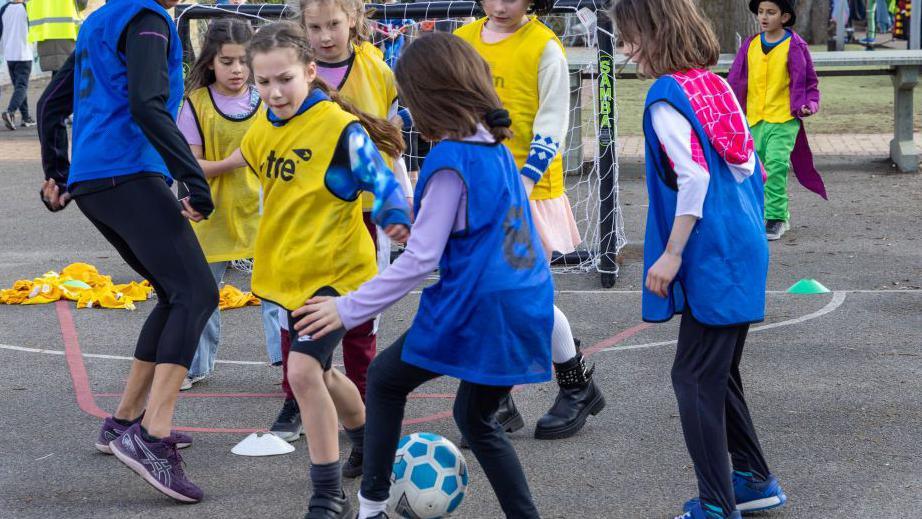Life expectancy for city children varies by decade

Researchers said children should be encouraged to do more physical activity
- Published
The life expectancy for children living in different parts of Bradford varies by 10 years, according to new research.
Academics from the World Health Organization said that inactivity and inequalities meant children in the north of England were facing a "health crisis".
Their research outlined seven key actions for policymakers, including better teacher training and funding to embed movement into every aspect of school life.
Prof Mark Mon-Williams, from the Bradford Institute of Health Research, said: "The reality is if you are born near Bradford Royal Infirmary, you are likely to die 10 years earlier than if you were born in Wharfedale. This is unacceptable in the UK in 2025."
"We have got to act at pace or we will fail the next school generation," he said.
The research found that children living in inner city Bradford were expected to live a decade less than those living in the leafy suburbs, like Ilkley and Otley, according to Prof Andy Daly-Smith, a specialist in physical activity and child health at the University of Bradford.

Prof Andy Daly-Smith said schools should emphasise the importance of physical health
"What that means is that the health of those individuals is lower, which means they're not living as long," he said.
"But also they're not living as high a quality of life, so they might have lived for years with a disability, as an example, compared to those living further out of the city."
Prof Daly-Smith said it was time for the government to act.
"We need to change the culture of our schools to raise the importance of health and wellbeing," he said.
"Otherwise we will continue to deepen the health inequalities embedded within our society."
Researchers said it was important to introduce movement into children's lives and that it could have a transformative impact.
They said the JU:MP activity programme, led by the University of Bradford and Born in Bradford, had increased children's physical activity by more than 70 minutes per week.
This had delivered the largest impact of any long-term intervention of its kind, according to the report.
Listen to highlights from West Yorkshire on BBC Sounds, catch up with the latest episode of Look North.
Get in touch
Tell us which stories we should cover in Yorkshire
- Published30 April

- Published25 May

- Published28 June 2024
